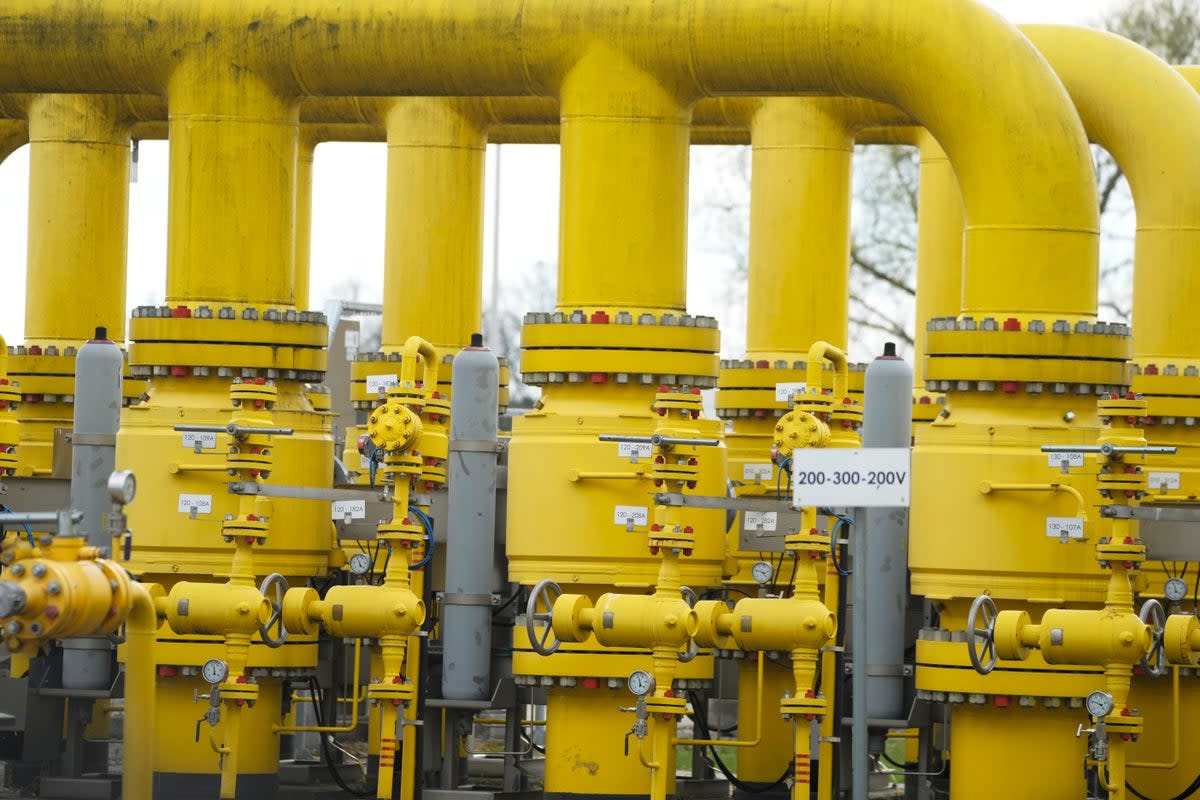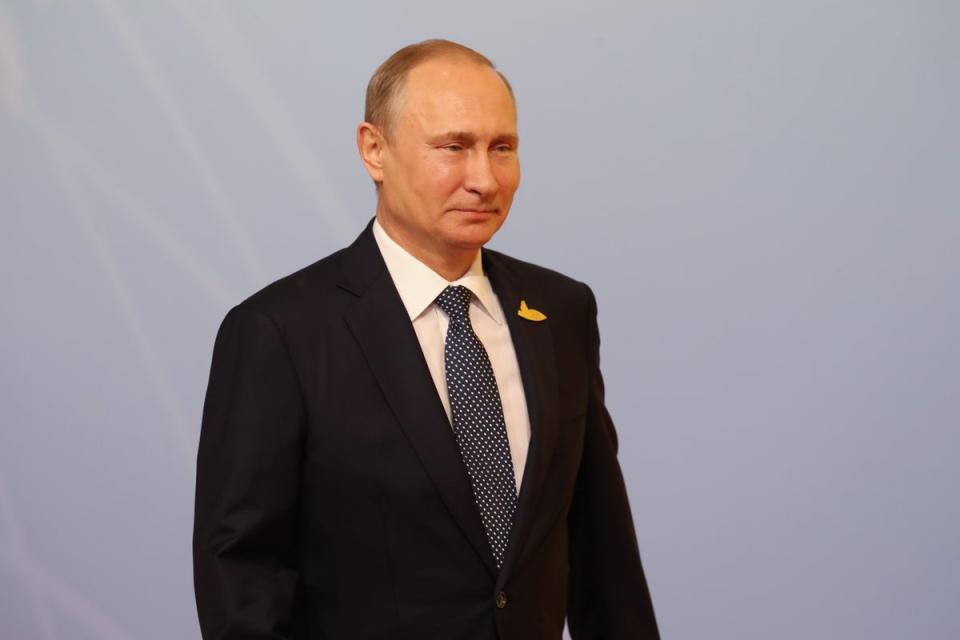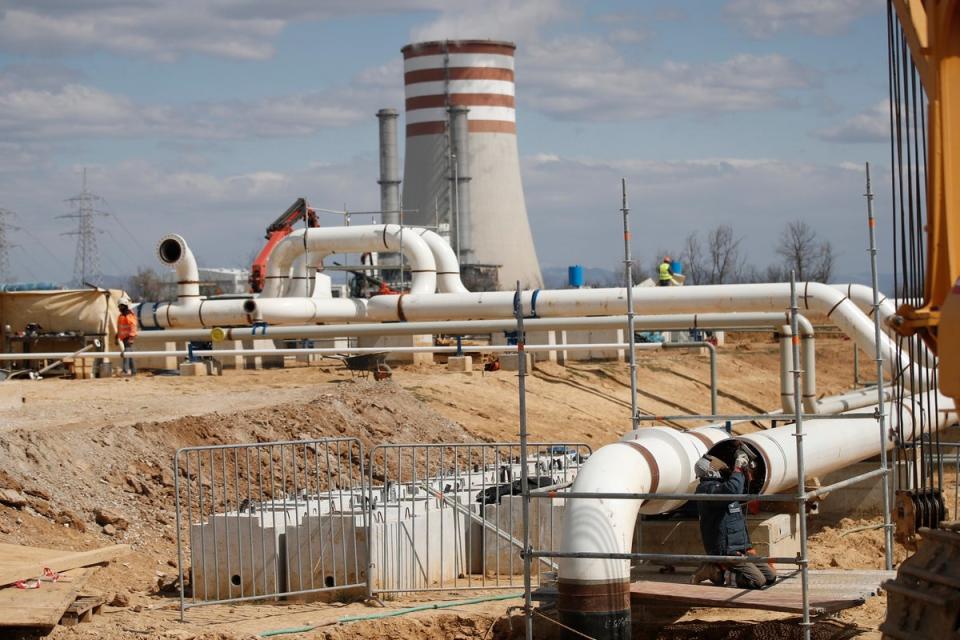EU warns members to top up gas stores as Ukraine war drags on

The European Union has agreed that its members should top up gas reserves to at least 80 per cent capacity for next winter as they prepare for the possibility of Russia further reducing deliveries.
It comes as energy bosses in European nations such as France have urged residents to cut back on electricity usage ahead of possible shortages this autumn.
The EU is trying to slash its use of Russian energy because of the Kremlin's war in Ukraine and find other sources. A ban on imports of Russian coal will start in August, and an embargo on most oil from Russia will be phased in over the coming eight months.
Meanwhile, Moscow is disrupting natural gas deliveries, a fuel used to power factories and generate electricity that the EU did not include in its sanctions for fear of seriously harming the European economy.
In April, Russia cut off gas supply to Poland and Bulgaria in April before blocking deliveries to Finland. The gas cutoff came after Russian President Vladimir Putin said that “unfriendly” countries would need to start paying for gas in rubles, Russia's currency, which Bulgaria and Poland refused to do, while Finland was blocked because of its intention to join Nato.

Before the war, the bloc received about 40 per cent of its natural gas from Russia. Moscow has reduced gas supplies to several EU countries, including heavy importers Germany and Italy.
Catherine MacGregor, chief executive of Engie; Jean-Bernard Lévy, who heads up EDF; and Patrick Pouyanné, chairman of TotalEnergies; made a plea for customers to cut back on energy usage.
“The effort has to be immediate, collective and massive,” they said.
They said: “For months now, the European energy system has been under great strain and the French energy system has not been spared. Russian gas deliveries by pipeline have fallen sharply for some countries, including France.
“Although increasing, imports of liquefied natural gas (LNG) are still too limited to compensate for these decreases. The alert level for gas stocks at the European level is therefore high and rationing measures have been put in place in some countries.”
The European Council adopted the gas storage regulation on Monday after the European Commission made a proposal in March. The regulation also says underground gas storage on EU soil will need to be filled to 90 per cent capacity before the 2023-24 winter.

Heads of state and government agreed last week during a summit in Brussels to step up preparations for further gas cuts by Russia and to keep searching for other suppliers.
The EU has already increased deliveries from the US, Norway, Algeria and Azerbaijan.
Some EU members do not have storage facilities, so the regulation provides that they should store 15 per cent of their annual national gas consumption in other member countries, allowing them access to reserves in other EU nations.
Cyprus, Malta and Ireland, which are not directly connected with the gas system of other members, received an exemption, the council said, adding that filling obligations will stop at the end of December 2025.

